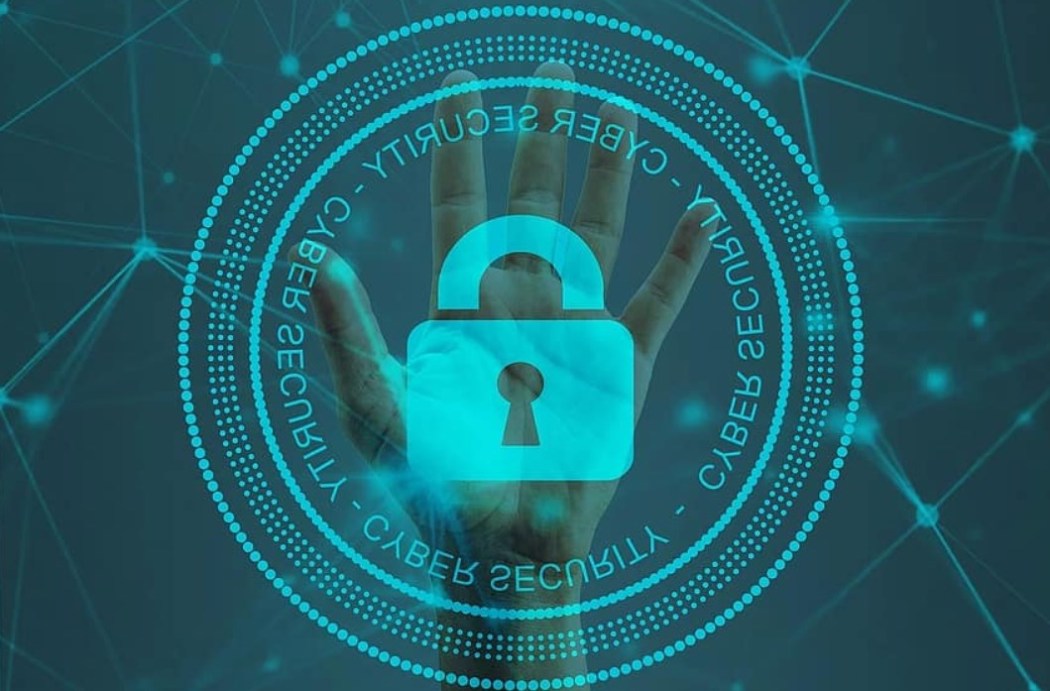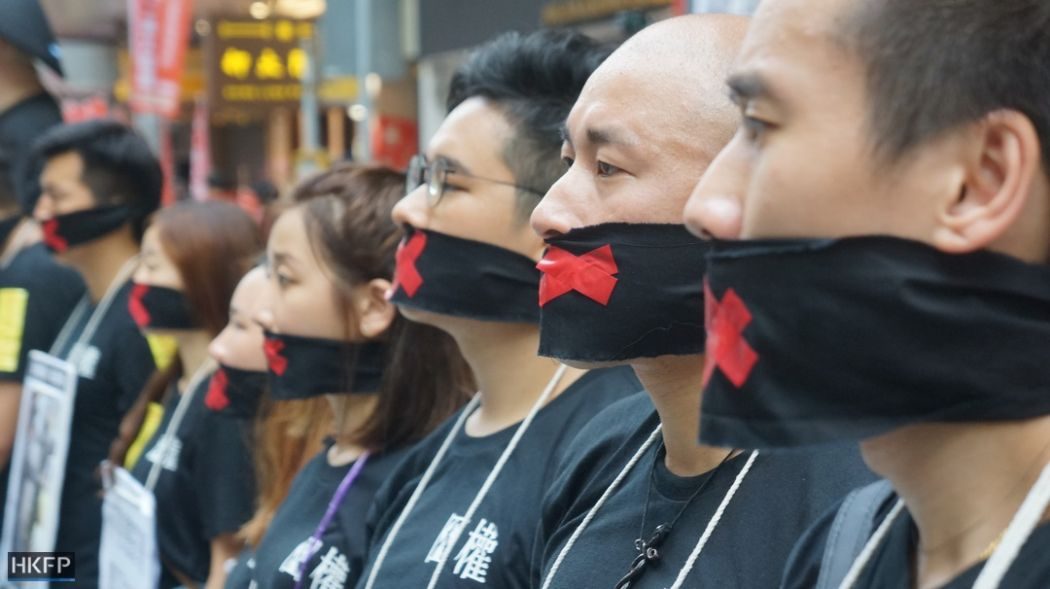By Roger Huang
With the coming of China’s national security law to Hong Kong, a new technological reality has emerged. The legislation, which penalises online actions worldwide, is forcing people to re-examine their relationship with the state in a fundamental way.
Technology can play a role in this reevaluation and help preserve precious liberties. By using certain standards and encryption, people can signal that they want to keep their thoughts, ideas and convictions private – a necessity in a democracy built on consent between the governed and the governing. Hongkongers can retain some views and opinions even in the face of new legislation that tries to force their abandonment.

End-to-end encrypted standards like Signal, with open source and verified code, help people around the world to keep their communications more secure in the face of state-sponsored or nefarious attackers. While Telegram has reported that it would not hand over Hong Kong user data, Signal claimed it had no such data to hand over in the first place.
While the internet in Hong Kong is not censored as of now, and mobile phones need not be registered with government IDs, some fear that this may soon change and that mainland China’s “Great Firewall” will extend around Hong Kong.
Using Tor connections to the internet can help keep browsing histories private and preserve anonymity by routing traffic through a layer of different nodes (Tor, though stifled by the Great Firewall, can still function in mainland China).
People can also use VPN connections if they no longer trust Hong Kong-based Internet Service Providers beholden to the new national security law.

The InterPlanetary File System (IPFS) and similar standards allow for content and articles to withstand censorship and to remain up, even if contributed by anonymous or pseudonymous authors. A network of nodes around the world freely seed and store content, allowing for easy retrieval and storage of images, text and mini-websites. This allows for the preservation of ideas for critical, democratic discussion even if state or corporate powers have no patience with such inconvenient truths.
Chinese netizens, for example, used the Ethereum blockchain to preserve a censored article by Ai Fen about the origins of Covid-19.
Using federated servers and communications tools such as those found on Fediverse can help safeguard communications from centralized spying and spy tools, whether by over-zealous corporations or governments associated with them.
In the face of Alipay and other Chinese state-sponsored digital currencies such as DCEP, people can choose to use currency and value derived from the same network of independent peers that help secure their communications across the web.
No matter what partners Beijing chooses for a blockchain-like system, you can be sure they will be connected to or beholden to the patronage system within mainland China.

Witness the apologies made by the founder of ByteDance (owner of TikTok) to the Chinese state for insufficient loyalty, and the way in which the Chinese elite use portions of partially state-controlled enterprises.
But new dollar-backed stablecoin cryptocurrencies are emerging, and Hong Kongers can choose to adapt a version of digital dollarisation seen in other countries such as Venezuela, where people have lost faith in their domestic currency and the powers behind it.
Financial technologies of the future can offer clear democratic and independent choices in the face of a system that continually seeks to erode them.
The same thing that is true of digital currencies and digital ways of transacting value are true too of the applications and platforms that one uses. Every platform or app is essentially a module that gets transferred into a large data pool if it is built for machine learning — which most China-based apps, platforms and corporate platforms are.
By being a user — notwithstanding the privacy constraints — the inevitable reality is that the bits of information being sent or processed have an economic value. If you’re not paying for the product in this new technological age, it’s likely that you are the product.
Hong Kong still has some choice in this matter, and while it seems like a small choice given larger constraints, it is still a choice that matters. An internet that is free and decentralized and communicates over independent peers is a cause worth fighting for and supporting over a closed, gated and censored intranet.

In many ways, this is what all the hype around decentralisation and a new Internet boils down to: the freedom and liberty of individual servers, users and nodes over the concentrated content and standards imposed by governments and corporations.
Hongkongers have been deprived of freedoms by a new law imposed by a legislature in mainland China for which they did not vote. But they can still express some democratic preferences by adopting technologies not bound to the Chinese state.
Many areas of democratic expression have been penalised or threatened under this broad-based security law. Yet Hongkongers can still choose the technologies that value democratic freedoms — a choice which is now more essential than ever.
Roger Huang has written about the intersection of human rights, individual privacy and new technologies for Forbes, TechCrunch, and Fast Company. He has written about Chinese history and protests in support of Hong Kong for the Los Angeles Review of Books and the Toronto Star.
